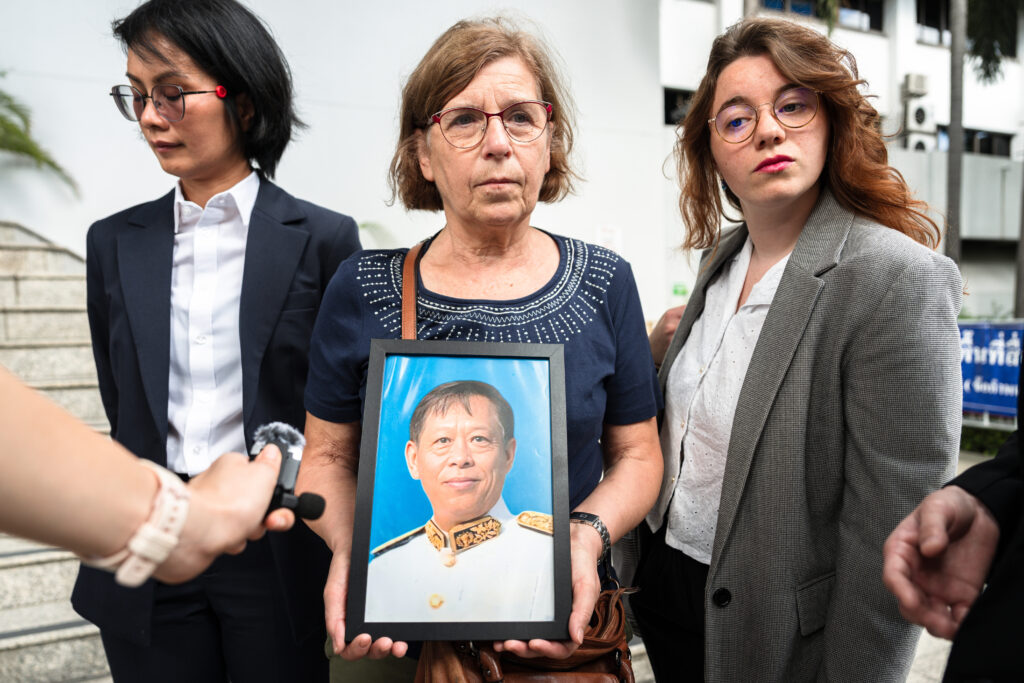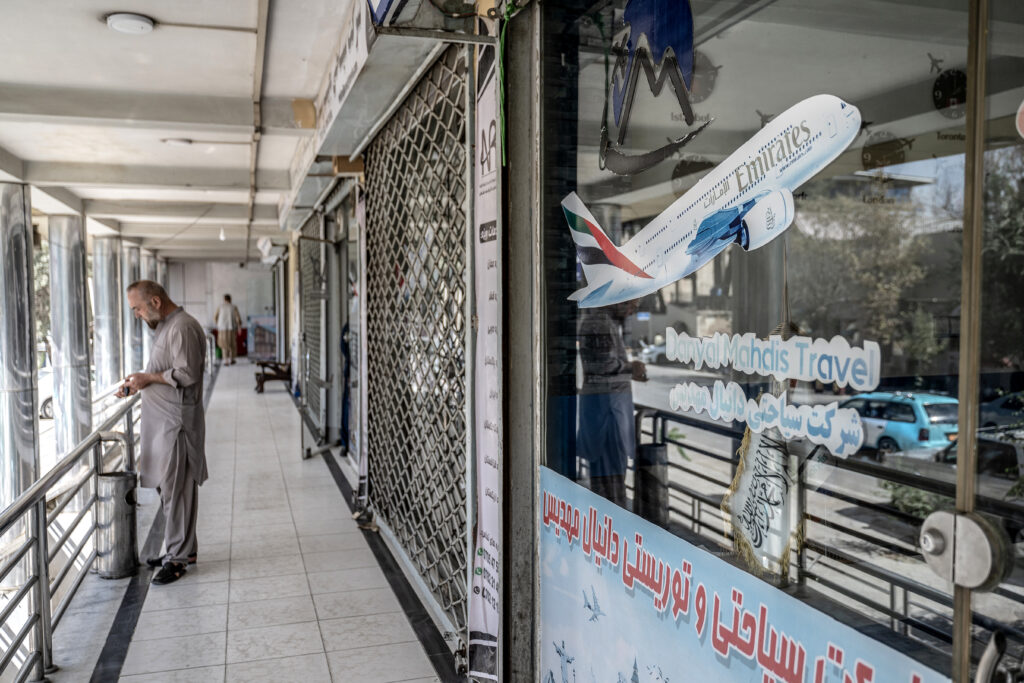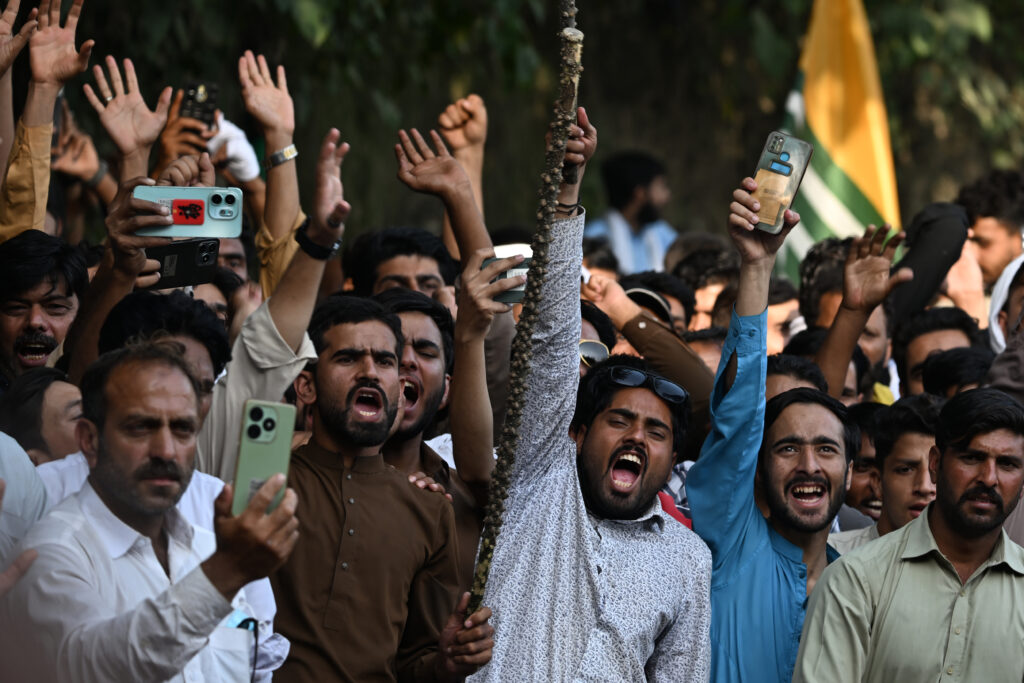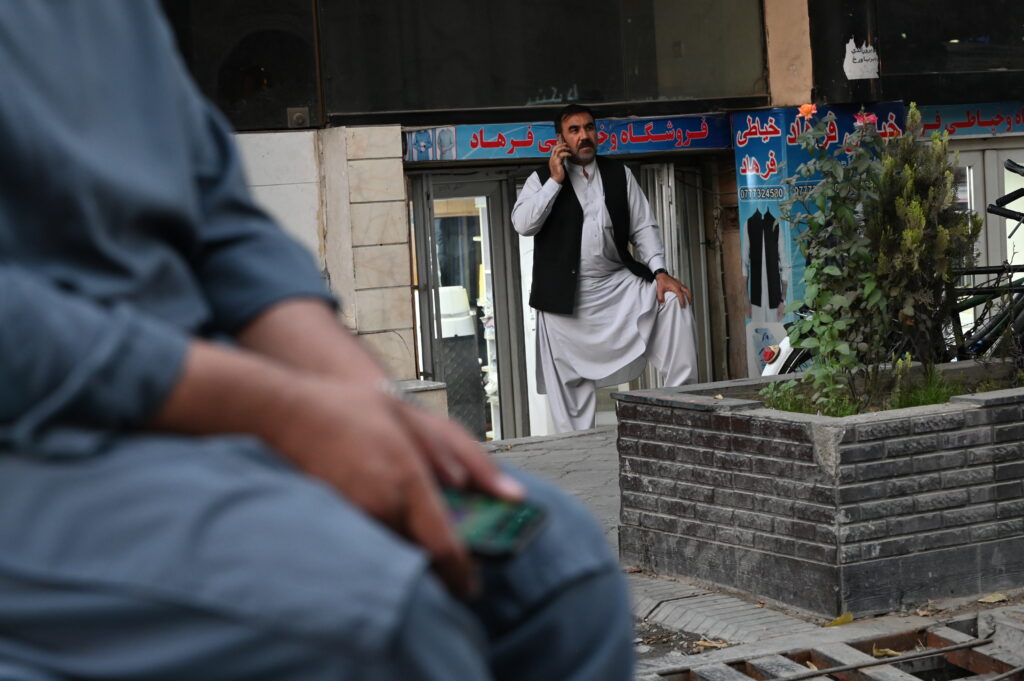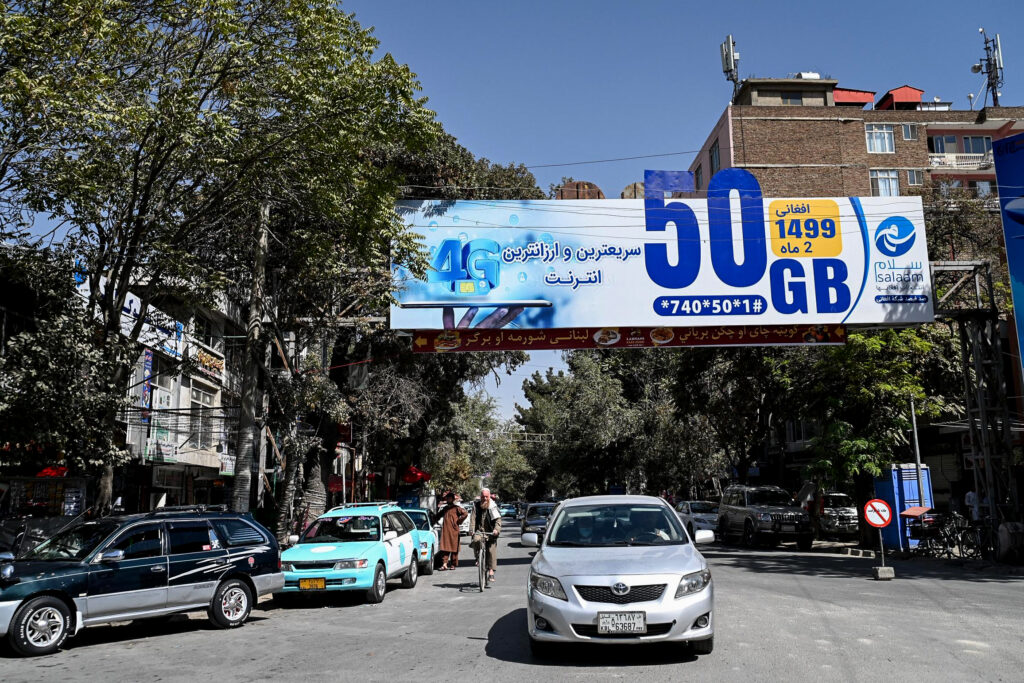Paralysed banks, grounded planes and chaotic hospitals: for two days, life ground to a halt in Afghanistan after the Taliban unexpectedly cut off the internet and phone networks.Authorities had for weeks been restricting broadband access in several provinces to prevent “vice” on the orders of the Taliban’s supreme leader. But no one in Kabul was prepared for a nationwide shutdown.Young Kabulis first travelled to high points in the mountainous capital, phones raised skyward, hoping to catch a signal. Then they tried buying SIM cards from different operators — before giving up. For Afghanistan’s 48 million people, it became impossible to send news to their relatives or receive precious remittances from abroad to pay their bills. Some residents of Herat and Kandahar travelled to border towns to pick up signal from neighbouring Iran and Pakistan.But for the rest of the country, with no news from the outside world, rumours swelled to the rhythm of helicopters.”The Americans are going to retake Bagram Air Base!” whispered the streets, after US president Donald Trump’s recent calls to have the US-built facility returned.Others wondered, incorrectly, that the reclusive Supreme Leader Hibatullah Akhundzada and loyalists had replaced Interior Minister Sirajuddin Haqqani, who advocates a pragmatic approach to running the country.As of Thursday, the Taliban authorities had still yet to comment on the shutdown.- ‘A return to candlelight?’ -Across the country, one of the poorest in the world, banking systems stopped functioning and the informal money exchange system used by much of the nation also broke down. “Cash withdrawals, card payments, fund transfers — everything relies on the internet. We can’t do anything without it,” a private bank manager told AFP.For Afghans, there was no choice but to survive on whatever cash they had on hand.In the half-deserted streets, Taliban security personnel communicated via walkie-talkies. “I’ve worked in security for 14 years and I’ve never seen anything like this,” he said on condition of anonymity.”What next? Are we going to cut off the electricity and go back to candlelight?” added another civil servant, speaking on condition of anonymity. Domestic and international flights were also grounded, but with no way to be warned, passengers continued to flock to airports.Hospital emergency rooms lacked both staff and patients — as many Afghans were too frightened to travel.Doctor Sultan Aamad Atef, Afghanistan’s only neurologist, saw a 30 percent drop in visits.”Without online appointments, patients have to show up spontaneously and hope I can take them, or wait, sometimes for nothing,” he told AFP.- Wedding day drama -Overnight, two million Afghan women were deprived of online courses, according to the Malala Fund, a lifeline in a country where the Taliban government have banned education for girls beyond primary school.”I was so scared this would last and I wouldn’t be able to get my bachelor’s degree… studying remotely is all I have left,” a 20-year-old student told AFP on Wednesday. Her parents refused to send her younger brother to school without a mobile phone. Restaurants without delivery services, the post office, travel agencies and shops all told AFP they had suffered heavy economic losses.Weddings — often involving a lifetime of savings and up to 2,000 guests — became an “unmanageable situation”, a wedding hall boss in the capital Kabul told AFP.”We plan weddings well in advance, but we can’t get any confirmation that the bride and groom, and their guests will even show up,” he told AFP, hours before the blackout ended on Wednesday night and the wedding went ahead.”Ten years wouldn’t be enough to compensate for the economic losses of the last two days,” laments Khanzada Afghan, a grocery store manager in eastern Jalalabad, who sent his employees home. “I beg our leaders to tell us the reason for this outage — not to leave us in the dark. The enemy could take advantage of this situation.”

